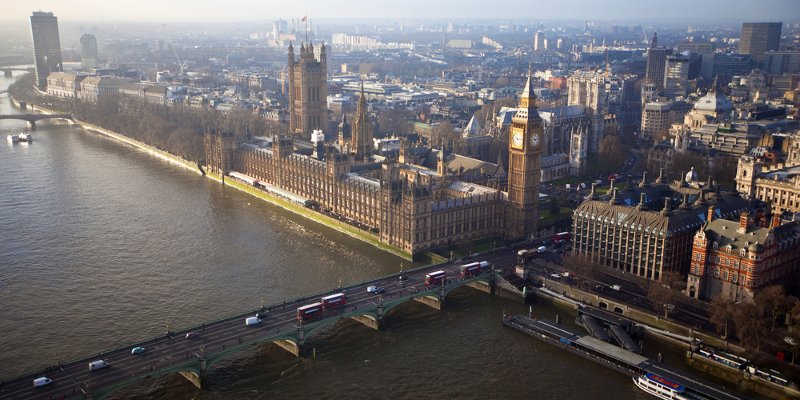With just days to go until the announcement, to say that a lot of water has flown under the bridge would be a gross understatement.

Rory Joseph is director and Sebastian Murphy is head of mortgage finance at JLM Mortgage Services
A little under two months ago, the government announced the next Budget would take place on 11 March.
With just days to go until the announcement, to say that a lot of water has flown under the bridge would be a gross understatement; in fact the environment in which this Budget now falls within has changed so much that we might all anticipate a very different series of measures to be brought forward.
For a start, we have a new Chancellor. The decision of Sajid Javid to fall on his sword rather than sack his own advisers was laudable but one has to suspect that the Budget Javid would have announced might have been very different to the one his successor, Rishi Sunak, will now deliver.
And, of course, there are now wider macro-economic concerns that will take precedence, when back in January this looked like being a Budget which would be 100% focused on ensuring the British economy rode out the bumps and obstacles that would come with the UK leaving the EU.
There were few anticipating the real and viable threat of the coronavirus to the UK economy back at the start of the year; now however you wouldn’t be surprised to Sunak delivering his first Budget stood at the Dispatch Box in full biohazard suit.
This might appear flippant but such is the nature of this virus that it fundamentally alters the economic environment and perhaps leaves us all feeling rather anxious about how this crisis will unfold, and what it might mean for our businesses and the mortgage/housing markets in general.
It’s from such a position that this Budget will need to deliver a far greater level of confidence to British businesses than perhaps any in recent memory.
If we thought a boost was necessary when it came to Brexit, then the thought of nearly one in five workers being off work at any one time, will send shudders throughout UK commerce. We may well be in the early stages, but the Prime Minister is not wrong to say things are going to get worse before they get better – and they could get a lot worse.
In terms of what might happen next, perhaps we need to look across the pond. The US Central Bank has already made an emergency rate cut, and where it leads, others tend to follow.
Mark Carney has suggested the MPC is considering a similar move, although one might well question whether such a blunt instrument will have the desired impact, certainly when it comes to restoring consumer confidence.
US markets hardly reacted positively to its Central Bank cut, after a week of massive stock market falls, and it may well need more than a simple cut to Bank Base Rate to deliver the outcomes the Bank of England want. We suspect that by the time you read this, there will have been some movement and a much clearer view of what the Bank intends to do.
However, back to the Budget, because it will also have to back-up the Bank’s strategy – indeed, money which may well have been earmarked for elsewhere, may now be finding itself going towards the NHS and the overall strategy to combat the virus.
Plus, there are suggestions that money will be needed to support businesses who begin to fail because of the impact of the virus, plus the self-employed who might also struggle for work/payment within such an environment. In that sense, Departments who thought they were in for a windfall may be sorely disappointed when they realise the priorities have changed significantly.
Fundamentally, however, this is a Government that still needs more money. How might it do this? Will it continue the theme of recent Governments and tinker around the edges in order to bring in piecemeal amounts – cuts to pension tax relief, a new stamp duty extra charge for foreign purchasers, etc.
Or might it have a bit more courage? Might it well opt for an increase in income tax in order to cover all its expenditure increases – that seems incredibly doubtful within the current environment we have now, but ultimately it might be more sensible rather than playing at the margins.
In our world, it would be ‘nice’ to see cuts to stamp duty, particularly at the higher and lower levels, but one now gets the impression that such measures – which appeared to be racing certainties just a few weeks ago – might be jettisoned in favour of those that allow the Government to tackle the coronavirus. The big ‘gifts’ and tax cuts might have to be put on the backburner.
This is now a Budget which takes on a very different look and complexion – if it was deemed an important one for the Government at the start of the year, it just got a whole lot more serious.



